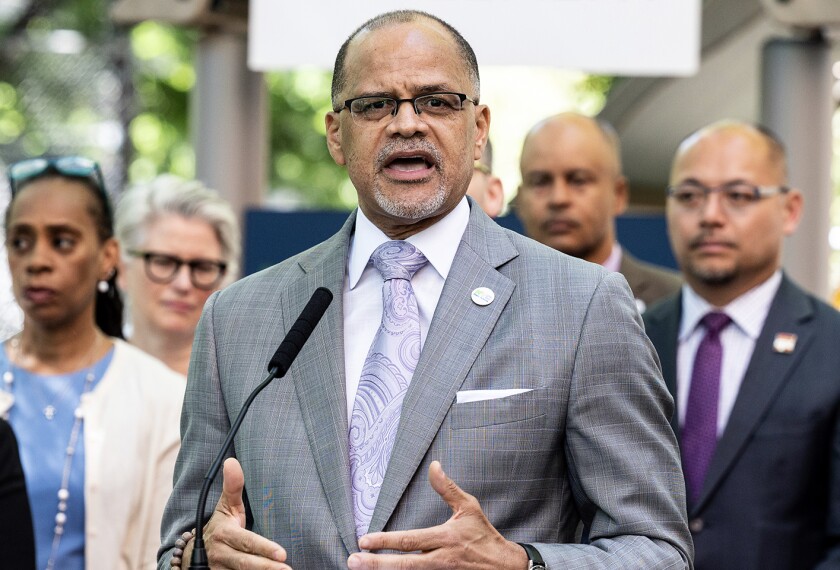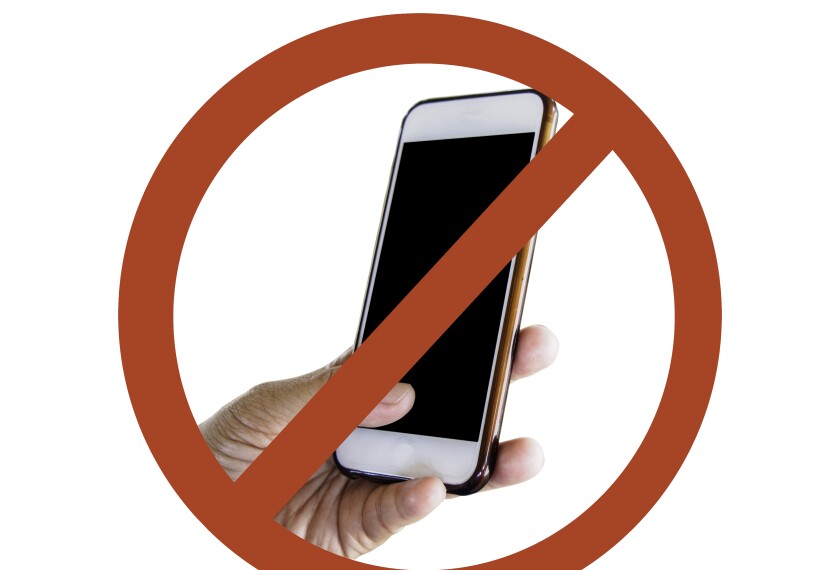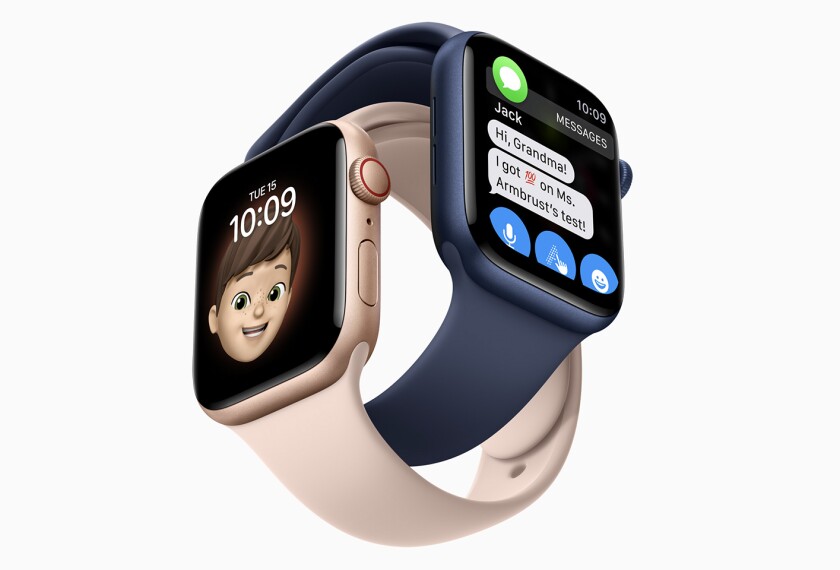The social media platform TikTok spreads misinformation, endangers children’s mental health, jeopardizes their privacy, and contributes to snowballing student screen time, members of Congress on both sides of the aisle told the company’s CEO, Shou Chew, in a hearing on March 23.
“Within minutes of creating an account, your algorithm can promote suicide, self-harm, and eating disorders to children,” said Rep. Cathy McMorris Rodgers, R-Wash., the chair of the House Energy and Commerce Committee, echoing many educators’ concerns.
TikTok “encourages challenges for [children] to put their lives in danger,” she added, a reference to the TikTok challenges that have created headaches for school leaders, including one that goads kids into holding their breath until they pass out and another that encourages students to call in fake active shooter reports.
Rep. Frank Pallone, D-N.J., the top Democrat on the panel, agreed and emphasized that the problems extend to a host of other social media and technology companies.
“Big Tech has transformed the information superhighway into a super spreader of harmful content, invasive surveillance practices, and addictive and damaging design features,” he said, calling for legislation to help protect user data.
TikTok has been under scrutiny in Washington for reasons beyond its impact on children. The platform is owned by a Chinese company, ByteDance, which has raised national security concerns among policymakers in both parties. The Biden administration recently told ByteDance to sell TikTok to a U.S. company or face a possible, nationwide ban.
Authorities in Washington worry that Chinese authorities could compel TikTok to hand over personal information about its users, including biometric data, such as faces and voices. They are also concerned that TikTok could use its platform to influence billions of users’ views on key issues or suppress videos critical of the Chinese government.
Some experts, though, say TikTok doesn’t seem to be any more worrisome than U.S.-based social media companies when it comes to privacy and the spread of misinformation.
McMorris Rodgers emphasized the platform’s potential power to shape children’s understanding of the world. Allowing TikTok—which claims two-thirds of teenagers in the U.S. among its users—to flourish is akin to giving “the Soviet Union the power to produce Saturday morning cartoons during the Cold War,” she said.
In response, Chew said TikTok does not allow direct messaging for users under 16 and gives parents some control over what their children can see. He also pointed to a recent feature limiting time on TikTok to 60 minutes a day for users under 18. Lawmakers pointed out that it’s impossible for TikTok, or any platform, to know how old its users truly are, since anyone can lie when setting up an account.
Chew also touted a TikTok-created feed that exclusively features educational videos about STEM topics, which he said have received 116 billion page views.
“TikTok is inspiring a new generation to discover a passion for math and science,” Chew said.
Lawmakers were not dissuaded.
“My understanding is that teens can pretty easily bypass the [60-minute limit] to continue using the app if they want to,” said Rep. John Sarbanes, D-Md. “I mean, let’s face it, our teens are smarter than we are by half, and they know how to use the technology and then get around these limits if they want to.”
Time on the platform can lead to serious problems, Sarbanes argued. “The more time that middle and high schoolers spend on social media the evidence is the more likely they are to experience depression and anxiety.”






